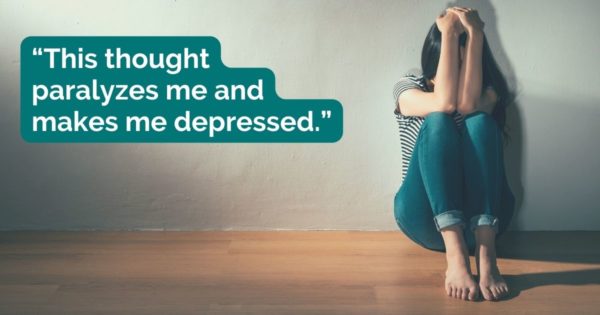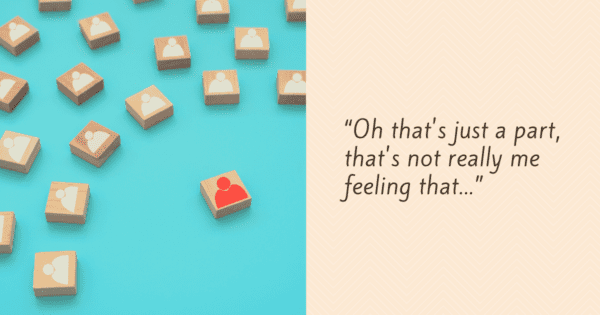“You should feel as shocked and sad as I do, or ….”
It happens far too often: a tragic event captures the national and even international stage. People die who should not have died, in a horrible way. Discussions in the old (broadcast) and new (social) media center on how terrible it is, and what can be done to prevent it ever happening again.
No one ever actually says “you should feel as shocked and sad I do.” It is just assumed. And we are, indeed, shocked and sad.
But what Focusing teaches us is that each person has a unique reaction. Each person has his or her OWN feeling reaction, which is intricate, which can be unfolded and explored.
It is this unfolding and exploring that allows strong feelings to change, evolve, and move into further life.
When we stay at the level of the cultural “anyone would feel this way,” our emotions don’t change easily, and they also don’t easily move toward effective action. Instead, we tend to get angry at people who don’t share our convictions about what steps need to be taken. We often don’t want to listen to any other voices. Further hard-to-change emotions like anger and resentment are piled on the ones we already had.
But when we can turn toward our own felt reaction in a Focusing way — allow it to come in the body and get to know its intricacies — then change and fresh life opens up.
Once we feel the uniqueness of our own reactions, we have room for others to feel differently, and we become curious about how others actually feel. Effective action in the company of others becomes more possible.
Grieving and Moving Forward
Grieving a loss (or recovering from a tragedy) is something that our bodies know how to do, just as our bodies know, at a different level, how to heal from bruises and cuts. There are some things we can do, however, to help the healing process happen.
We can pause and take time. We can bring awareness to how it all feels right now, just as it is, without asking it to change. (“What if this never feels better?” is another part of us that needs acknowledgement and company in its turn.)
We can respect the body’s own timing. No one can say how long healing can take. It takes the time it needs.
We don’t have to be logical. My mother died more than ten years ago. I still have many of her things. I think there is something of my mother’s in every room of my house, even if that wouldn’t be the most efficient use of the space. When I pause and sense into this, I get a smile inside. I feel a big “Yes” to feeling a connection with my mother by keeping her sewing table exactly how she had it. I am also open to that changing sometime.
We can be open to surprising moments. A grieving process unfolds step by step. No one knows the steps in advance. The body knows the steps that are right for each person. Lightness and laughter can be part of it, so can anger.
So if you are helping another person who is grieving, I would offer this, a truth I’ve won the hard way: You don’t already know how they feel. But if you listen, you can find out… and so can they.







